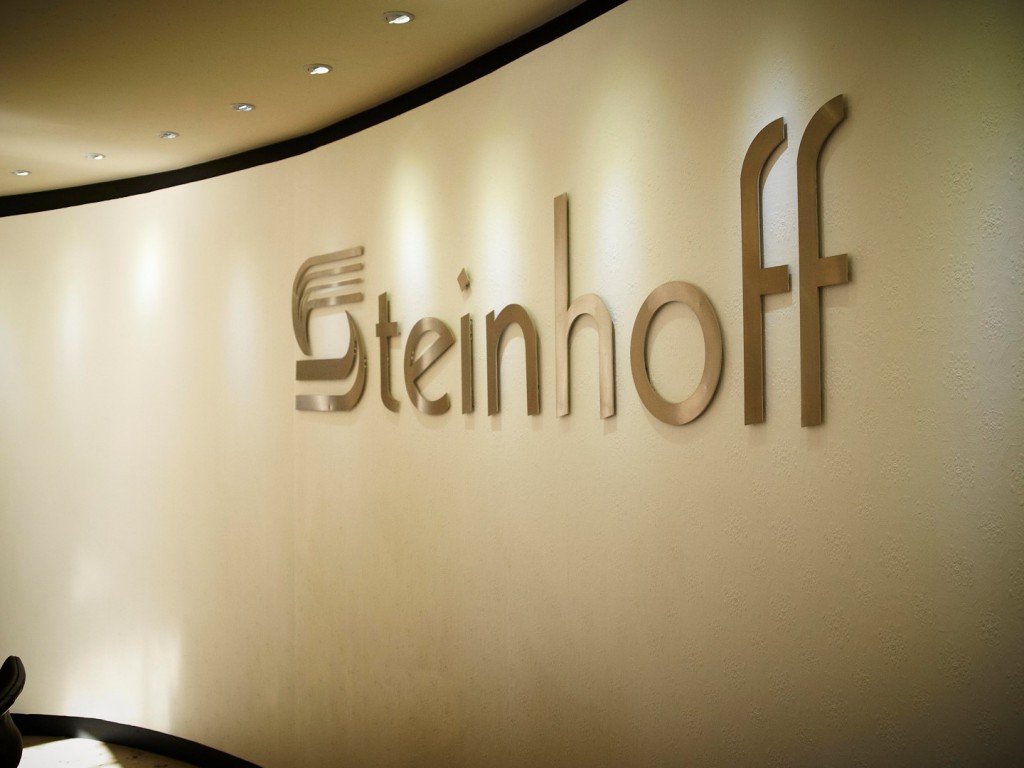Steinhoff’s annual meeting marked by apathy, anger
Just hours after the meeting, no one seemed very sure of the implications of a vote against the adoption of the annual financial statements for the 12 months to end-September 2019.

Steinhoff. Picture: Supplied
Only 13.13% of Steinhoff’s shareholders bothered to ‘attend’ the company’s annual general meeting on Friday.
If Steinhoff was still a South African-registered company, chances are the meeting would have been declared invalid because it was below the 25% quorum required by the Companies Act. (The 25% can be altered by the company’s Memorandum of Incorporation.)
But according to a Steinhoff spokesperson, there are no quorum requirements in the Netherlands.
This means the six resolutions that received the necessary level of support from the shareholders attending the AGM will be implemented.
But what of the three resolutions that were blocked by the attending shareholders?
Just hours after the meeting, no one seemed very sure of the implications of a vote against the adoption of the annual financial statements (AFS) for the 12 months to end-September 2019.
In an unprecedented move, almost 52% of the Steinhoff shareholders voted against this resolution.
One legal authority said it is unclear what the legal status of the AFS is now as the figures have been audited; he suggested the vote was about optics and had little real impact.
Similarly, the advisory vote on the remuneration report, which scored a record-beating 94% opposition, and the vote to amend the managing director’s remuneration policy – opposed by 86% – did not have significant implications for the running of Steinhoff.
They did send a message about the depth of shareholder unhappiness, but it’s likely the board was well aware of this.
Waning interest
On reflection, the 13.13% turnout should be of little surprise. Many of the institutional shareholders who had held stakes have sold to speculators who have little or no interest in the daily running of the company.
Individual shareholders, meanwhile, may feel they don’t want to waste time as well as money on this investment.
After almost three years on life support it is evident that most shareholders have given up hope and are now waiting for the final resolution of this unprecedented corporate disaster.
That resolution, as described by the settlement proposal announced in July, will likely see them getting back a few cents in the rand.
Attendance at AGMs over those three years has reflected the ebbing of hopes for some value recovery.
In April 2018, when the drama was still reasonably new and attracted much curiosity, just over 50% of shareholders attended – down from the more traditional 75% at the March 2017 AGM when only a relative handful of insiders knew a crisis was unfolding.
By August 2019 this had dropped to 25.16% as shareholders became jaded with the grim Steinhoff story. This year, another almost halving.
Judging by the voting on resolutions it appears to be the angrier shareholders who are putting in the effort to attend.
These may, or may not, have included the shareholders involved in the class action organised by Dutch law firm BarentsKrans NV.
In June, the Johannesburg High Court refused to grant the certification necessary for the case to proceed.
On Friday Steinhoff CEO Louis du Preez told shareholders attending the meeting the board believes the action is no longer viable as the period for appealing the high court decision has lapsed.
Du Preez, who was co-hosting the virtual meeting from a hotel in Stellenbosch, used the opportunity to encourage shareholders to accept the settlement announced in July.
Pandemic has made things worse
Unsurprisingly, he said the group’s financial position has deteriorated as a result of Covid-19.
There are two main reasons for the deterioration: “The rand-euro exchange rate has moved significantly against the rand in the last few months and the share price of Pepkor, our major South African investment, has weakened significantly over the last four to six months.”
He added: We believe the settlement announced at the end of July is in the best interests of all the group’s stakeholders. We believe it is affordable and realistic.”
Steps being considered for the generation of much-needed cash include the continued disposal of non-core assets and a possible listing for Europe-based Pepco as well as a listing for its “fantastic Australian business”.
Du Preez said Steinhoff is expected to remain a global business.
Group chief financial officer Theo de Klerk defended the group’s steep professional fees, which he said were paid to legal advisors, financial advisors and “other advisors”.
He said the group’s restructuring, outbound and inbound litigation, the complex settlement proposal, the various transactions, and governance issues had all required the use of legal and financial advisors – and had involved a variety of regulators in different jurisdictions.
“We are continuing the process to drive down these costs,” he assured the 13.13% of shareholders attending the meeting.
This article first appeared on Moneyweb and was republished with permission.
READ NEXT: Steinhoff investors question hefty advisor fees
For more news your way, download The Citizen’s app for iOS and Android.
For more news your way
Download our app and read this and other great stories on the move. Available for Android and iOS.









